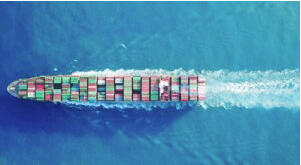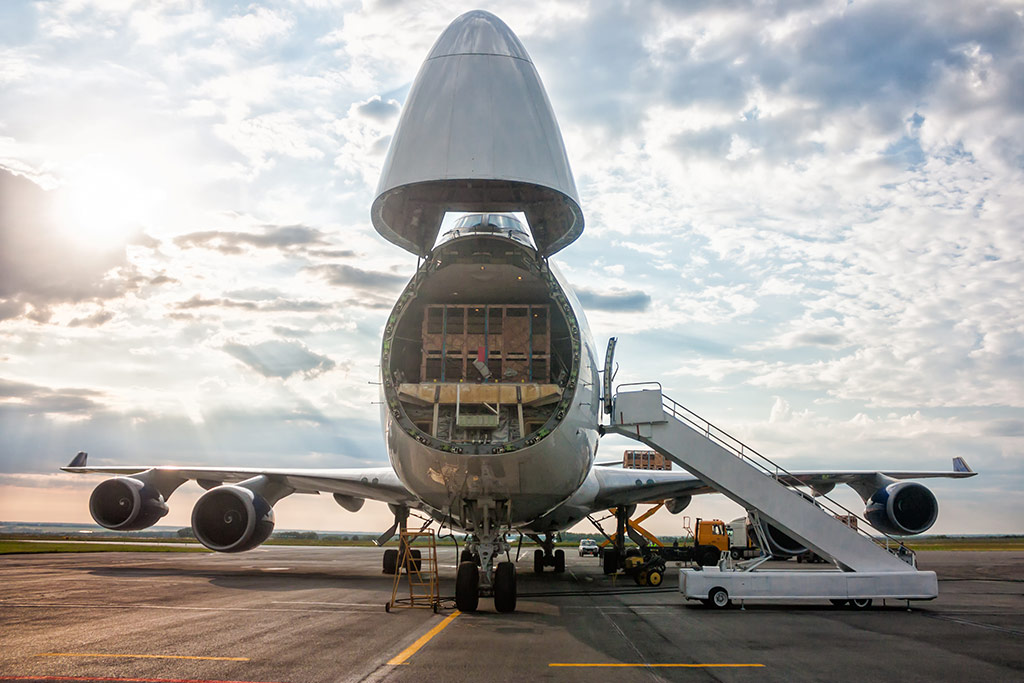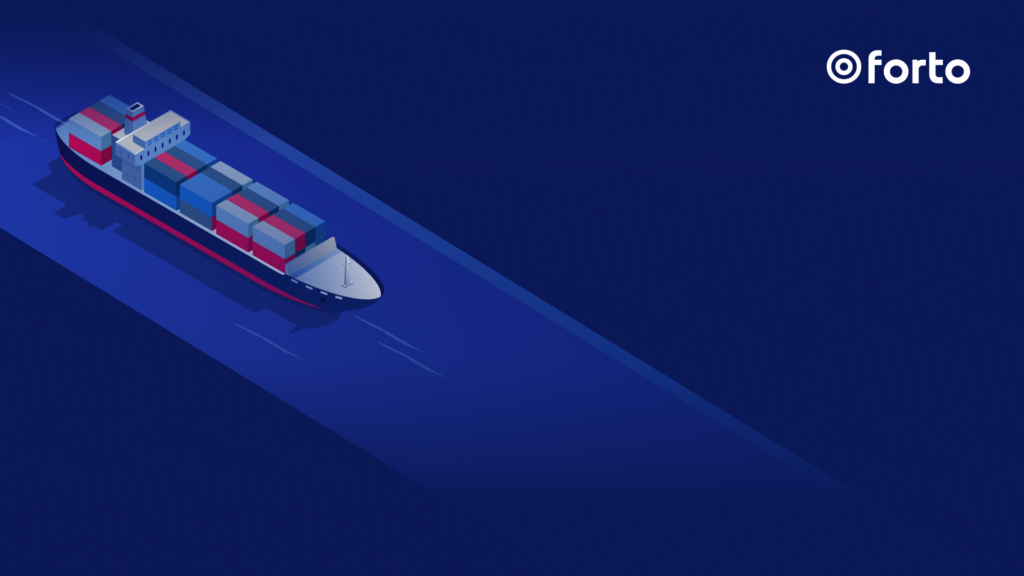Ever since its launch in 2011, logistic companies have been criticising the ban on nighttime flights at the Frankfurt airport. Not only does it cause significant disadvantages for the airport in international comparison, due to higher freight rates for the containers it also causes damage to the air freight transport in general.
Transporting containers via air-freight is expensive; not even two percents of the goods, German logistic companies export, are sent in containers via plane. However, as the containers are often loaded with costly freight, this low amount of transport still creates an overall value of almost 30 percent. Apart from animal live transport and technology, freight transported via plane usually contains perishable goods such as fruits, vegetables and plants, but also medication and organs. Goods to which a few hours delay can already cause a significant loss in terms of quality. That’s among the reasons why German logistic companies are sharply criticizing the ban on nighttime flights.
Exceptions are causing higher charges for air freight
Though there are exceptional rules for the transport of containers containing medical freight. And if the plane is delayed for reasons that are not the airlines fault, it is possible to land after 11PM – both for passenger planes and those transporting containers. In the past year, 710 of these exceptions have been granted to logistic companies. However, these exceptions come with a price: If a plane loaded with air-freight is supposed to land or take off during the so-called core night between 11PM and 6AM at Frankfurt’s airport, the airline has to file an application, which costs a fee of 135 euro. In addition, an extra charge of 20 euro per ton of air-freight is imposed. For flights to and from Frankfurt, logistic companies have to include these risks into the prices of container transport. This way, freight rates for import and export via air routes are getting more expensive.
Frankfurt as an exception in the international comparison
Another reason why the ban on nighttime flights and thus the price increase for container transport via Frankfurt is causing problems to airlines and logistic companies, is that nighttime take offs, landings, and the handling of air-freight is merely restricted at the airport of Charles de Gaulle in Paris, the direct competitor. Among the ten biggest airports for container turnover all around the world, Frankfurt is the only one with such stringent regulations.
Container shipping as an alternative
Not only is there a threat of competing airports but also the fact that logistic companies can switch to alternative transport routes. For a long time, container transport via sea routes was the cheapest, but also the slowest alternative to freight transport via air routes. In addition, it was the least reliable method concerning time management. However, by now, logistic companies are able to calculate the time of arrival of containers much more precisely when shipping containers via sea routes. Thus, the significantly cheaper shipping of containers is becoming more attractive, and especially more profitable for more and more industries, than transporting containers via air routes. Therefore a measure as Frankfurt’s nighttime ban is not only causing disadvantages for the airport itself and the local logistic companies – it also causes damages to air-freight transportation in general, due to a freight rate increase for containers within the industry, and partially significant delays for freight time management.








